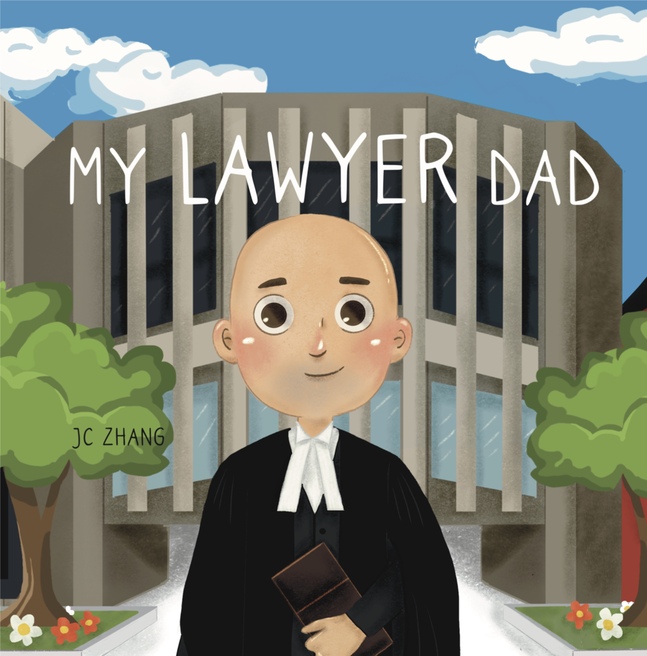2014 Clio Cloud Conference
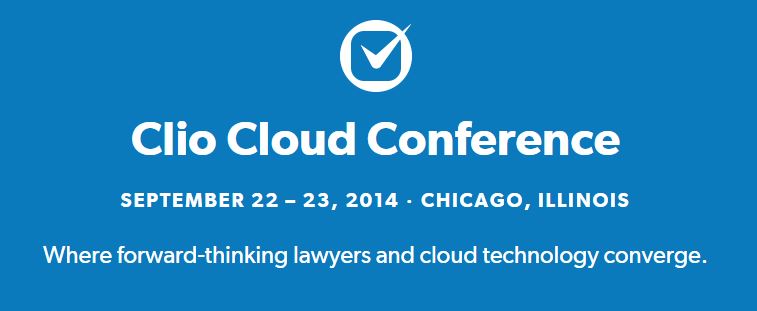
Omar Ha-Redeye spoke at the Clio Cloud conference on Sept. 22-23, 2014,
Not only is social media a valuable marketing tool, but it also has key implications within the legal process. Find out more about the ethics of using social media and technology in your modern practice.
Sources used:
Bierman, Leonard and Hitt, Michael A. “The Globalization of Legal Practice in the Internet Age.” Indiana Journal of Global Legal Studies Vol. 14#1 (2007): 29-34.
Calkins, Kelly. “Dutch Woman Fakes Trip to Southeast Asia, Surfaces Universal Truth.” Huffington Post: The Blog. Huffington Post, 12 September 2014.
Dykstra, Josiah. “Chapter 7: Seizing Electronic Evidence from Cloud Computing Environments.” Cybercrime and Cloud Forensics: Applications for Investigation Processes. 2013.
Hamilton, William F. et al. “Streamlining and Modernizing Florida’s Pre-litigation Preservation Standard: Modern Technology Demands a Modern Solution.” The Florida Bar Journal Vol. 88#5 (2014): 18.
Marsh, Julia et al. “Judge OKs serving legal papers via Facebook.” New York Post. New York Post, 18 September 2014.
Murphy, Justin P. and Fontecilla, Adrian. “Social Media Evidence in Government Investigations and Criminal Proceedings: A Frontier of New Legal Issues.” Richmond Journal of Law & Technology Vol. XIX#3 (2013).
Stampler, Laura. “This Man Is Using Selfies as A Weapon To Fight Off The IRS.” Time. Time, 19 March 2014.
Strutin, Ken. “Social Media and the Vanishing Points of Ethical and Constitutional Boundaries.” Pace Law Review Vol. 31#1 (2011): 228-290.
Waters, Nicole L. and Hannaford-Agor, Paula. Jurors 24/7: the Impact of New Media on Jurors, Public Perceptions of the Jury System, and the American Criminal Justice System. (NCSC 2012).
Sam Glover of Lawyerist provided this review:
I’m in Chicago at the Clio Cloud Conference right now, and I just listened to Omar Ha-Redeye talk about social media. What was different about his talk is that most of the time when you hear about social media at a conference, it is about marketing. Ha-Redeye was talking more about the impact of social media on the way lawyers do their jobs.
After all, even if you don’t use social media, your clients do. Facebook and Twitter and Instagram are primary communication platforms for most people. But as Ha-Redeye pointed out, if you have never used them, how can you advise your clients about them?
You could obviously explain to a client the risks of sending a postcard versus a letter in an envelope. Could you do the same for email? What about Facebook messages?
Because you need to. If you litigate, those things are evidence (someone should have told George Zimmerman’s prosecutor). If you do transactional work, the security risks are significant.
Sure, you might be able to get clients on social media, but the most important reason you should use social media is that social media is what your clients use to communicate. That means you need to know how it works.
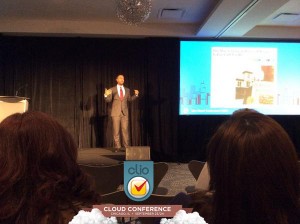
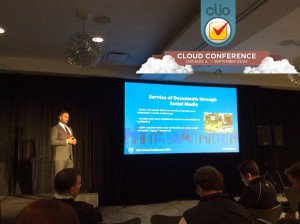
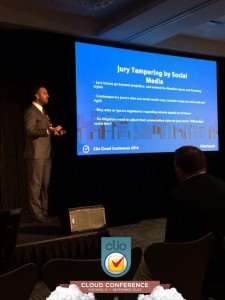
 Previous Post
Previous Post Next Post
Next Post